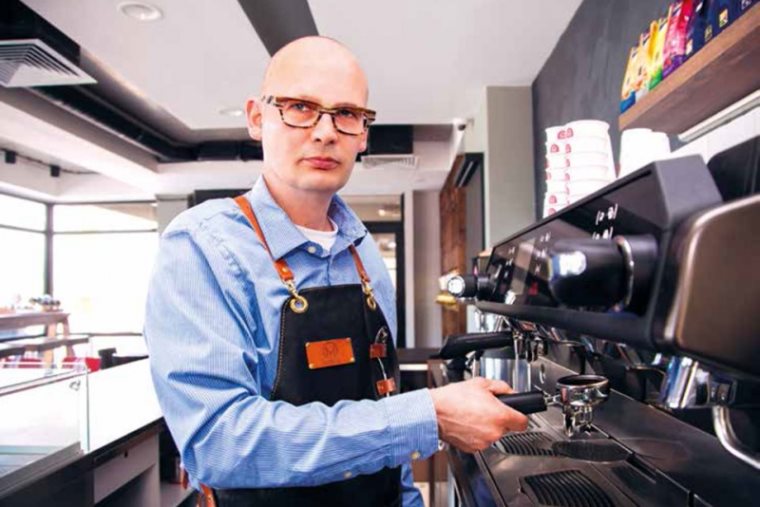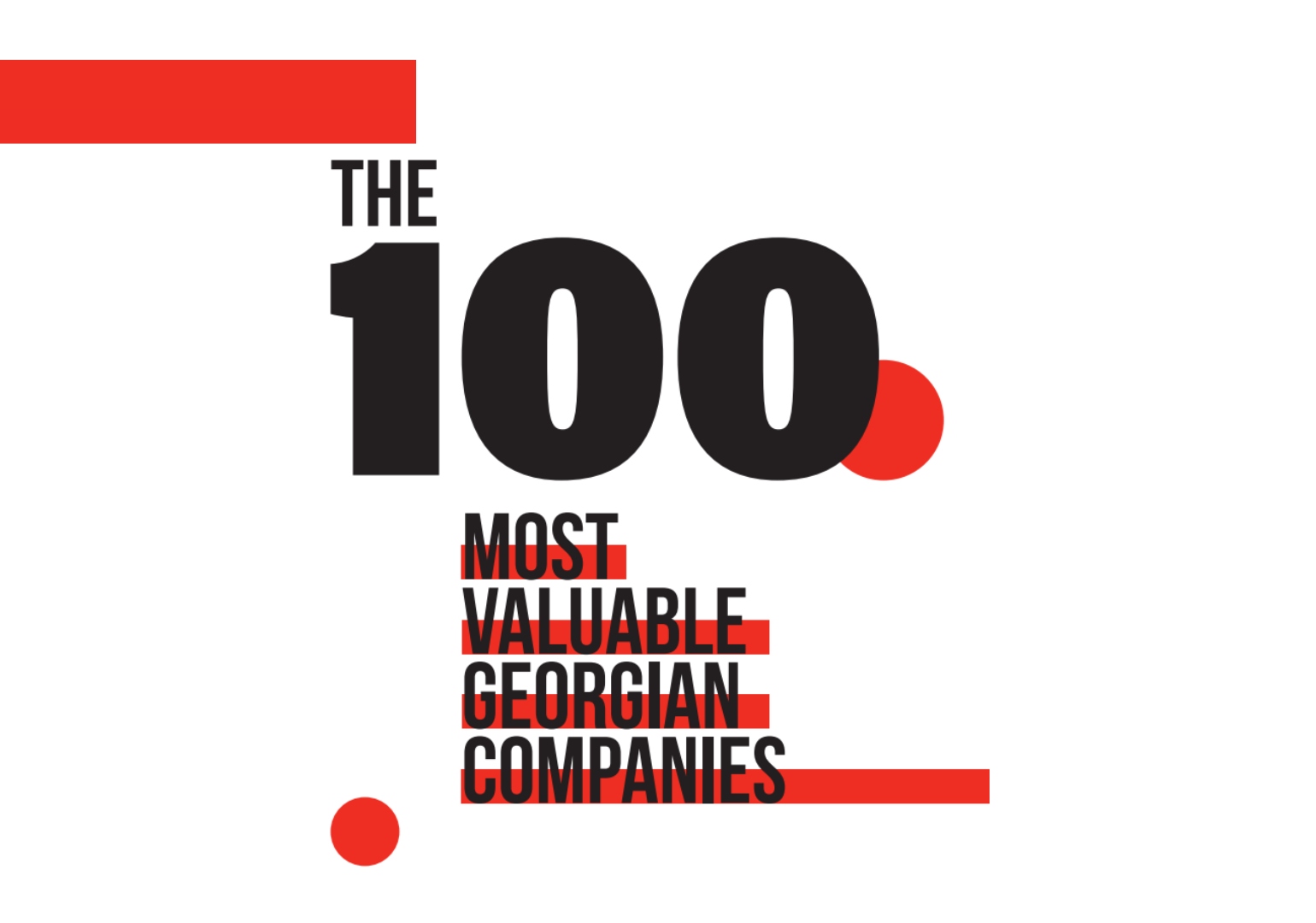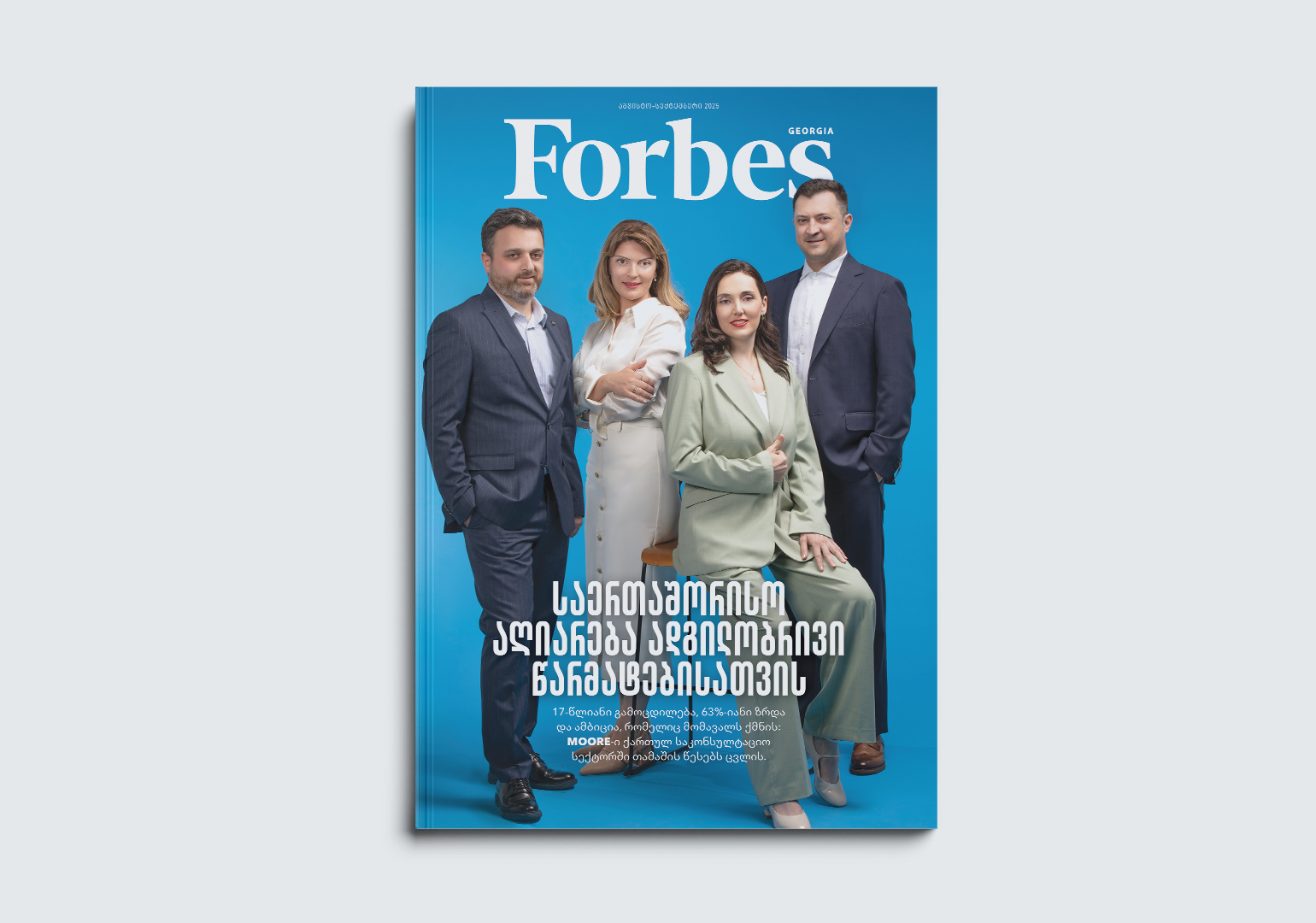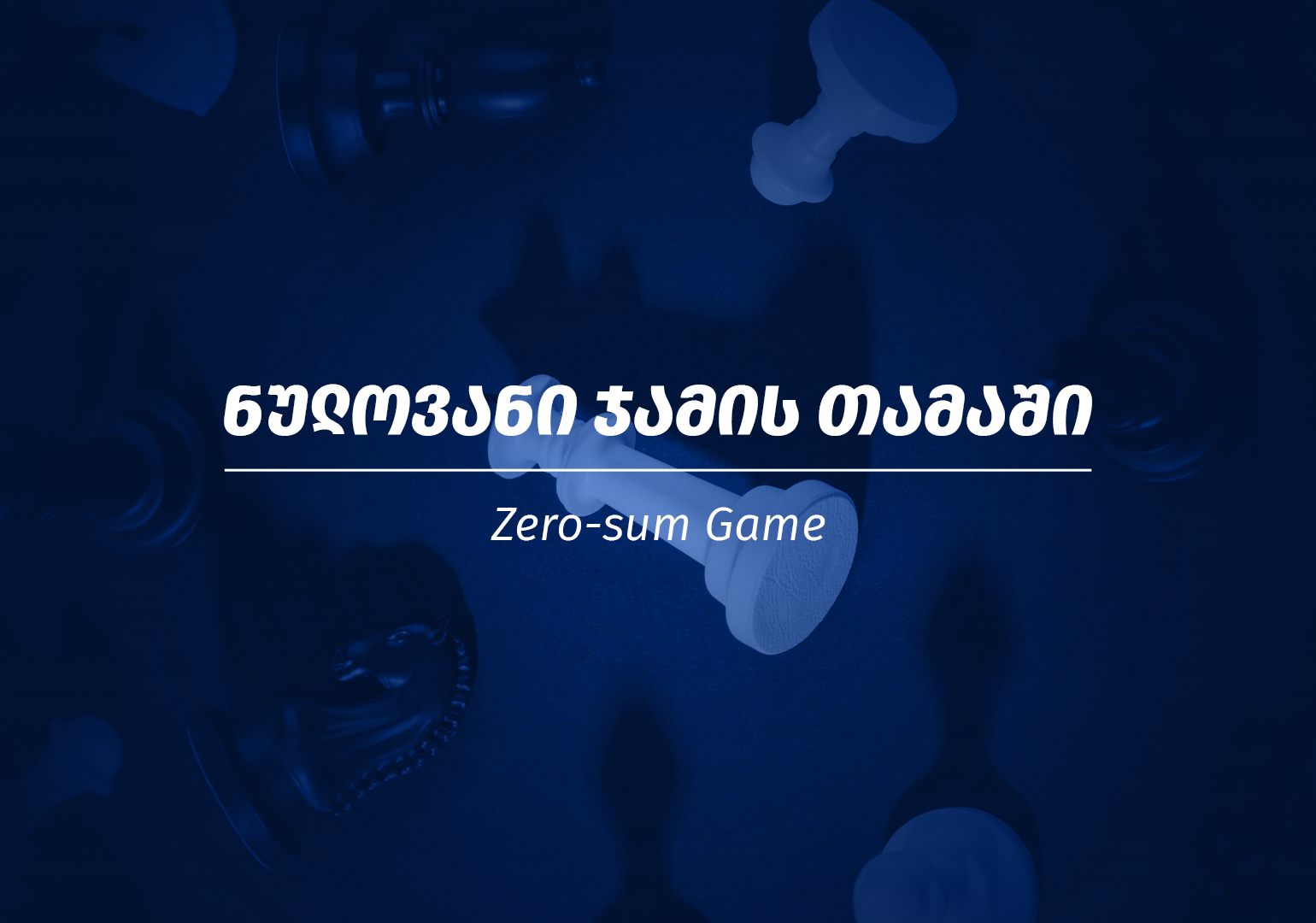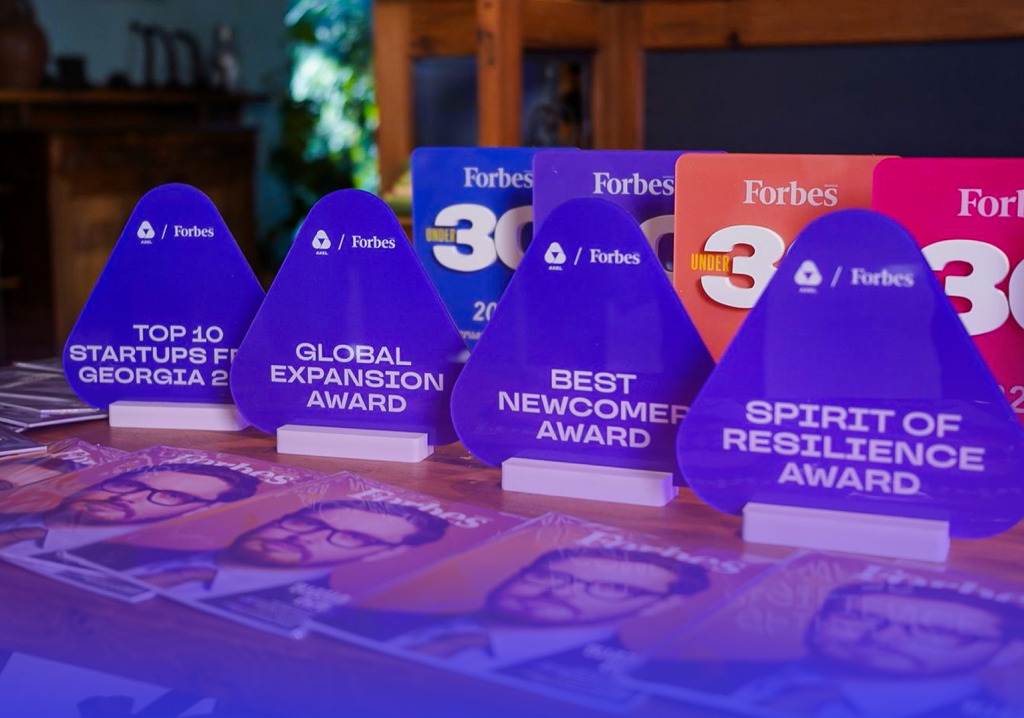It is said that one can divide history into two parts – before and after the discovery of coffee. In Georgia, the history of coffee-tasting changed in 2015, with the introduction of the BB Company’s brand Mondo.
“Perfect taste,” says Sandro Beridze, one of the creators of the said ‘perfect taste.’ “We decided to create an alternative taste that is completely different from traditional coffee, and to establish a new culture of preparation and consumption of the drink” – as he shares his own experiences with me, Mr. Beridze instinctively goes through the magazines on the table that tell the story of coffee.
“In Oriental countries, drinking coffee is a lengthy process, while espresso, which has become a national symbol of Italy, has nothing in common with oriental calmness – true Italians almost invariably consume it in one gulp, standing at the bar counter,” Beridze continues enthusiastically. He lived in Italy for several years. Next to his house was a small café, where he drank espresso every morning, and where he first took notice of the local art of consuming coffee.
Now obsessed with Italian coffee, he decided to introduce his own countrymen to European coffee culture. Prior to returning to Tbilisi, he purchased the ‘steel monster’ espresso maker.
Why did it have to be espresso?
“It is the type of coffee for hard-working and progressive people,” says the founder of the BB Company.
It has been 17 years since the BB Company began waking Georgians up by importing coffee into the country. It is the official representative of the Italian coffee brand Illy in Georgia. Five years ago, the company began selling green coffee beans, before turning its attention to manufacturing the local brand Mondo.
The company’s initial investment into the project was $5 million, of which $1 million was financed through the ‘Produce in Georgia’ programme. Another major contributor, through its grants for implementing some of the project’s processes, was the European Bank for Reconstruction and Development (EBRD). The BB Company created 15 jobs, expanded its business, and began processing coffee from ground zero. Its mission is simple, yet difficult to carry out – discover, transport, process and prepare top-quality coffee.
“When I arrived here, we had nothing except a coffee roasting machine. We had no wide range of coffee products at our enterprise – only the type of coffee that was well known to the consumer,” adds Jan Schuitemaker, an independent coffee consultant and authorized trainer of the Speciality Coffee Association. Like an alchemist, he mixes different coffee beans together in order to achieve unique blends and amazing aromas. “Within a year, our warehouse was full of coffee of various kinds,”Schuitemaker adds proudly, while studying each and every coffee bean with care.
Schuitemaker has 16 years of experience in dealing with coffee. He visits Georgia every other month, creating the recipe for the Mondo brand. He is not alone in this process. At Mondo, Dutch and Italian technologists combine old traditions with new technologies. Considering that this brand of coffee is produced using Italian equipment and technology, it is appropriate that the name also comes from an Italian (and Esperanto) word, meaning ‘the world.’
Creators of Esperanto dreamed about their language spreading across the world and becoming the language of use in the entire mondo. However, where Esperanto has failed, the coffee has succeeded, and that too, we owe to Italy.
Another testimony to the great traditions of coffee consumption on the Apennine Peninsula is the history of the many cafés established in Europe during the 18th century. The Venetians were the ones to introduce coffee to Western Europe. By selecting doses of high-pressure boiling water and filtered coffee, they first came up with espresso, which is now recognized as an Italian classic, and upon which many other types of coffee, such as macchiato, lungo, ristretto, mocha, fredo, cappuccino, latte, americano and others are based.
A true Italian barista will only make coffee using the highest-quality beans. Based on the awareness of this fact, Mondo decided to engage two large Italian laboratories in order to create its recipes and aromas. The base for the recipes originates from Colombia, Brazil and Ethiopia. At Mondo, the coffee is processed on location using Italian technology, producing a high-quality Georgian product.
“Along with all the other advantages, Mondo will cost less on the Georgian market than the premium imported brands, while offering the same quality,” states the company founder. Apart from the price, the customer also has the opportunity to manoeuvre around different aromas, as the company already offers 12 different tastes, with plans to expand the range even further.
The local market is not enough. European traditions that have been revived on the Georgian market require consumers from European countries. “Our main challenge is to be consistent, in which case we will easily establish ourselves on the European market. We established our laboratory precisely in order to constantly monitor the taste of our products and to maintain stability,” adds Schuitemaker, who has been woken up by the smell of a new coffee mixture.
Georgian coffee has ambitious plans south of the border, with the company participating in several exhibitions across the world.
“Our main area of interest is the export, which is precisely why we began participating in international exhibitions in order to find potential partners that will introduce our coffee to various other countries,” notes Beridze. “We will most certainly see Georgian coffee on the global market soon.”
